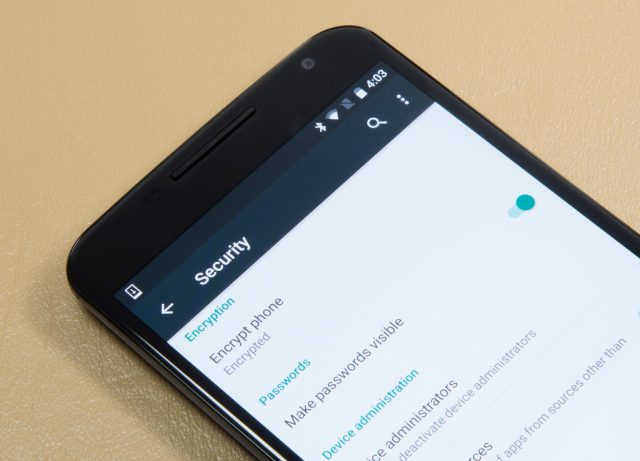Majority of Organizations Uncertain They Can Recover from a Ransomware Attack, Says New Dell Technologies Report | Texas News
ROUND ROCK, Texas, Sept. 9, 2021 /PRNewswire/ —
News summary
- Study shows organizations are managing more than 10 times the amount of data than they did five years ago
- Eighty-two percent of IT decision makers are concerned their existing data protection solutions won’t meet all future business challenges
- Sixty-two percent fear their existing data protection measures may not be sufficient to cope with cyber threats, while 74% agree they have increased exposure to data loss with the growth of employees working from home
- Dell EMC PowerProtect Data Manager with Transparent Snapshots uniquely offer organizations a simpler, faster way to protect VMware virtual machines at scale without compromising performance
- Dell EMC PowerProtect appliances with Smart Scale can deliver cost savings and simplified management for large data environments
- Dell Technologies Managed Services for Cyber Recovery Solution helps reduce risk of data loss with Dell experts operating cyber recovery vault processes and supporting data recovery efforts
Full story
The Dell Technologies (NYSE:DELL) 2021 Global Data Protection Index (GDPI) findings reveal organizations are facing several data protection challenges driven by the constant threat of ransomware and the consumption of emerging technologies such as cloud-native applications, Kubernetes containers and artificial intelligence.
According to a recent IDC survey, more than one-third of organizations worldwide have experienced a ransomware attack or breach that blocked access to systems or data in the previous 12 months.i To help address these rising – and seemingly inevitable – issues, Dell Technologies is introducing new software and services to accelerate virtual machine (VM) backup data availability, simplify management of large data sets, and maintain business continuity while alleviating dependencies on day-to-day cyber recovery operations.
“While ransomware attacks can be devastating for people and businesses, accepting defeat as a foregone conclusion is not the answer,” said Jeff Boudreau, president and general manager, Infrastructure Solutions Group, Dell Technologies. “We understand the stakes have never been higher, and the…


